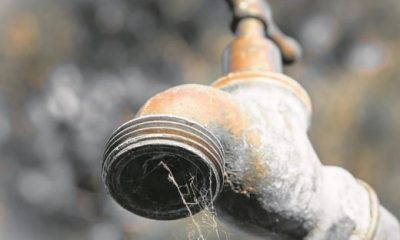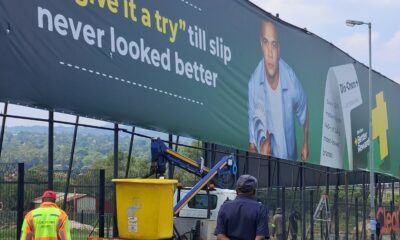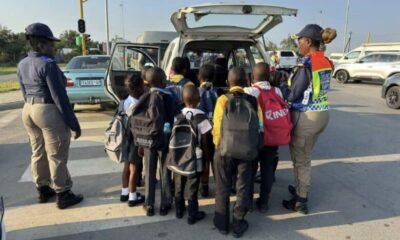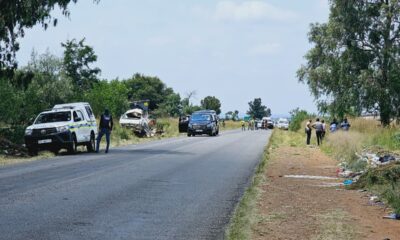News
“This Poison is in Our Homes”: South Africans Demand Real Action on the Drug Epidemic
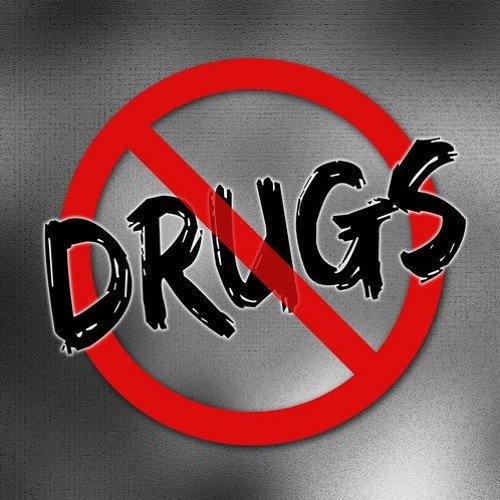
On 26 June, while the world observed the International Day Against Drug Abuse and Illicit Trafficking, the South African Parliament was anything but ceremonial. Voices rang out across party lines, not just in solidarity – but in desperation.
What unfolded wasn’t just a routine debate. It was a raw, human outcry. A plea for real, funded, and coordinated action to confront a drug epidemic that has long spiralled beyond control – and deep into the country’s neighbourhoods, homes, and hearts.
“The Family is Breaking”
ANC MP Keamotseng Ramaila painted a picture of tragedy: families destroyed, homes haunted by addiction, and children raised in chaos. “This is a heartbreaking picture,” she said. “Tragedies are unfolding. Children face abuse and neglect, compromising emotional and mental health.”
Ramaila called for unity across party lines, insisting that the fight against drugs shouldn’t be a political one – but a human one.
A Call for a Dedicated Drug-Fighting Force
uMkhonto weSizwe MP Visvin Reddy didn’t mince his words. He demanded the creation of a national drug unit – fiercely independent, armed with the power to raid, arrest, and disrupt syndicates without delay.
But his strongest point came not from policy, but from pain.
He spoke of Lincoln Moodley, a 24-year-old from Phoenix, who allegedly murdered 38-year-old Kamatchie Naicker and slit the throat of his own mother, Shirley Appalsamy, over a piece of jewellery.
“The perpetrator was not a stranger. He was family. A child once cradled by the victim,” Reddy said. “That’s what drugs do. They corrupt so deeply that a loved one becomes a threat.”
Reddy’s voice cracked again as he recalled visiting a mother in Chatsworth who chained her son to a bed – her only way to stop him from using again. “When that substance enters your home,” he said, “peace leaves.”
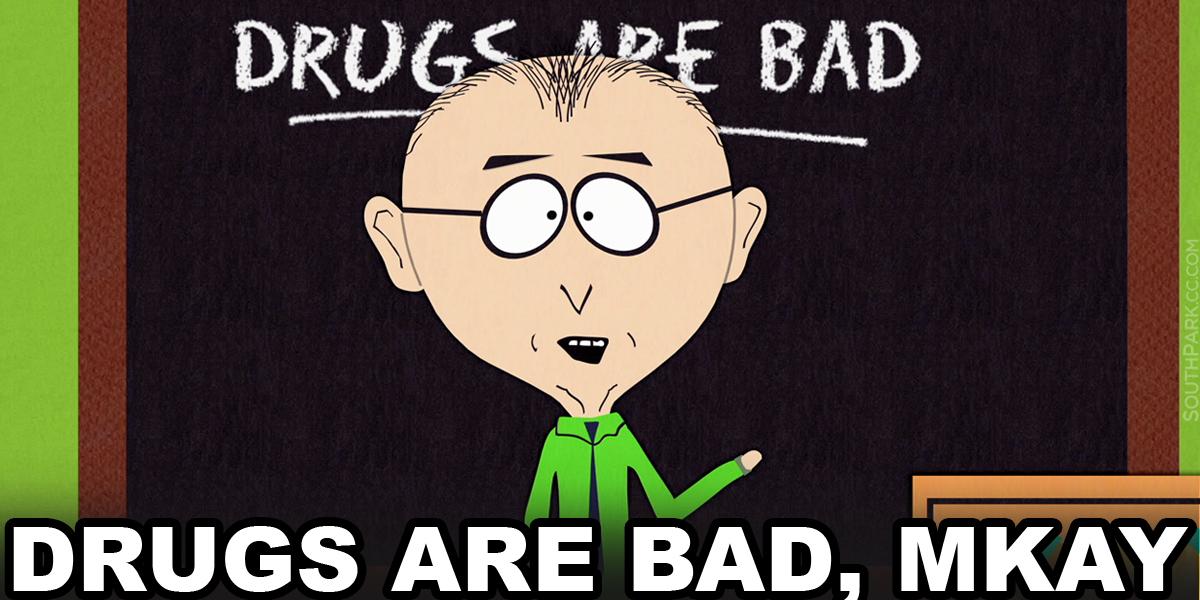
Image 1: X (formerly known Twitter)/@SouthPark
The Rehab System is Collapsing
EFF MP Paulnita Marais took aim at the government’s broken response to addiction. She exposed what many communities already know: that South Africa’s rehabilitation system is teetering on collapse.
Only 46% of municipalities have Local Drug Action Committees – despite it being a legal requirement.
In Gauteng alone, over 246 public rehab beds have vanished. And in the whole country? Just eight state-run in-patient centres, across six provinces, are left standing.
“For the wealthy, private rehab is an option. For the poor, there is only silence. And too often, death,” Marais said. “We are leaving people to die quietly because their pain is inconvenient.”
Why This Matters in 2025
South Africa’s drug crisis is not new – but what’s different now is the scale, visibility, and sense of urgency. From Johannesburg to Cape Town, Durban, and small-town communities, stories of addiction-fuelled violence are becoming tragically familiar.
Public frustration is also mounting. On social media, the hashtag #DrugFreeSA trended across platforms on June 26, as South Africans shared personal stories of loss, survival, and anger. “My cousin never made it to 21,” one post read. “Meth stole his smile, then his life. We need more than words.”
So What Happens Next?
The Parliament’s call for action is clear. But whether it will be met with real reform – funded rehabilitation, empowered law enforcement, and true community-level engagement – is still unknown.
What’s certain is this: families are breaking, communities are bleeding, and South Africans are no longer asking – they’re demanding a national reckoning.
Also read: World War III: How Each Continent Is Bracing for the Global Storm
Follow Joburg ETC on Facebook, Twitter , TikTok and Instagram
For more News in Johannesburg, visit joburgetc.com
Source: IOL
Featured Image: SoundCloud



